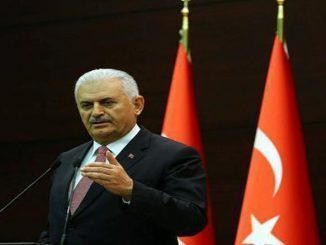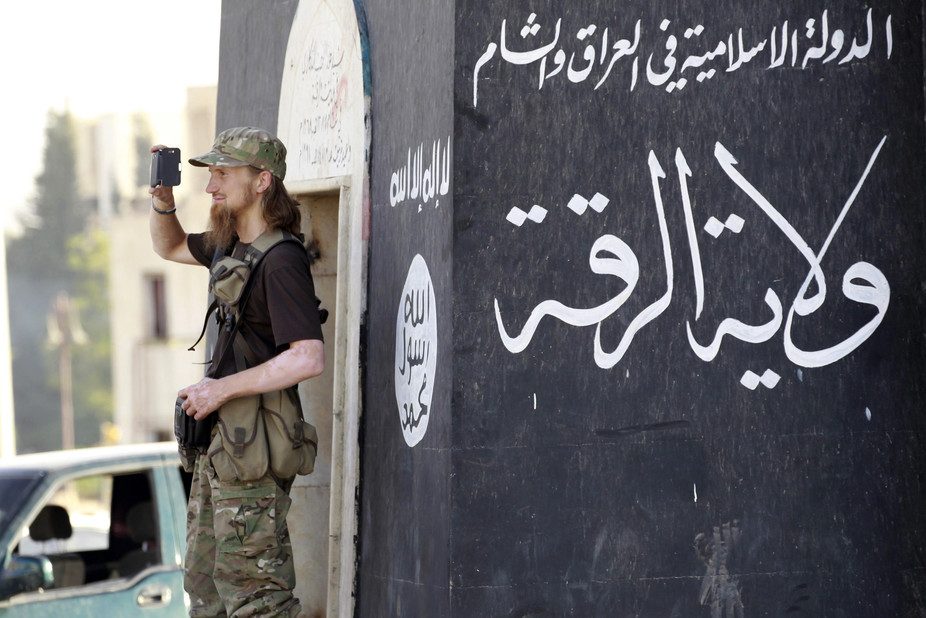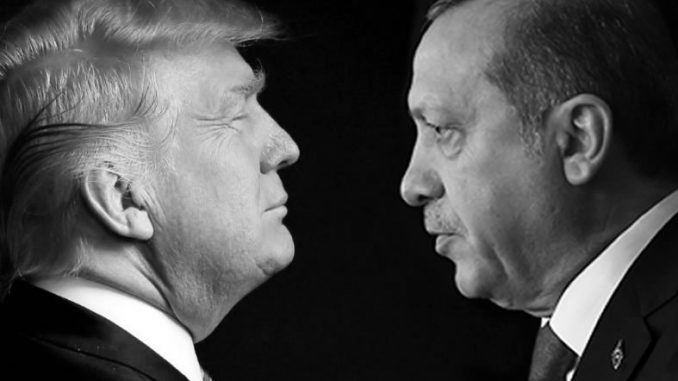
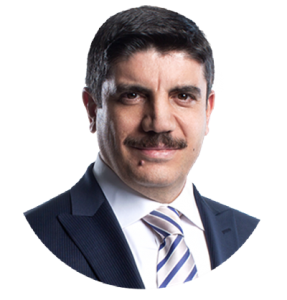
BY: Yasin Aktay*
The case that started in the U.S. as a “Reza Zarrab case” and was later turned into a Hakan Atilla case concluded last week with the verdict of the jury.
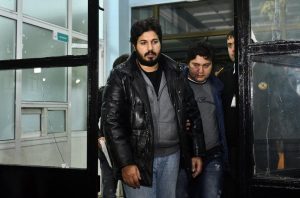
The jury found former Halkbank Deputy General Manager Hakan Atilla guilty of five out of the six counts he was charged with by the prosecution. The only charge he was acquitted of was money laundering.
There’s no point in blaming the jury instead of the court itself who took over a case they had no business in to start with. The jury evaluated a case they were presented based on its content. A brief study on how the jury works in the U.S. is enough to understand how problematic their justice system is.
This system deserves to be analyzed particularly in terms of the sociology of law. The existing data on the selection of jurors and the kind of sociological, psychological and ideological factors they work under shows how the jury system in the U.S. has been turned into a weak link in order to distort justice with manipulation.
But our topic is not that for now. Of course, our interest on the shortcomings of the system is overshadowed by the fact that the judge of the case was entertained by the Fethullah Terrorist Organization (FETÖ) members with great hospitality in Istanbul in May 2014 and that the content of the case was comprised of information and documentation that was forged during the December 17-25 operations of FETÖ.
The US’s political theology trick
The point is how an event that occurred in Turkey was moved to the U.S. with this lawsuit and with what notions the U.S. courts opened this case. Without a doubt, opening this case is a power play before everything. Because to be able to judge is a powerful claim. The act of filing, admitting and sustaining the case is a power struggle the U.S. gave and tried to tell and impose on Turkey.
The Constitutional Court of the Republic of Turkey used to conduct this power play on behalf of itself and its ally powerhouses by accepting cases which they had no business with and which were out of its jurisdiction according to the constitution itself. By providing such exceptions in the clear texts of the constitution, they used to remind everyone who the sovereign was, and members of the Republican People’s Party (CHP) desperately used this as their only haven for their power. The Constitutional Court would make everyone feel the existence of the deep power they represented inaction by saying “It’s all said and done” with their decisions. In this case being tried in the U.S., when this situation that has no precedent in law is declared as an exception that will encompass the sovereignty claim, it actually evokes the basic de facto rule of the political theology.
The sovereign can make and implement exceptions.
The U.S. wants to remind Turkey who the sovereign is by entering an area that belongs to Turkey. While doing this, they disregard the impracticability of the law and their relationship with Turkey. There’s no point in pretending to not understand how they do it. The U.S. does this intentionally; it is a show of power and an attempt to remind Turkey of the relationship they think they need to have.
Why does the U.S. feel the need to do this? Of course, it is not hard to predict. For a long time, Turkey has been operating by accepting submission to the U.S. Turkey heavily dependent on the U.S. and did not do anything in foreign relations that might overstep the U.S. But Turkey paid its debt to the International monetary foundation (IMF) to the last cent without being subjected to the tutelage of IMF in determining financial policies. In fact, Turkey offered to lend money to the IMF.
In the previous Davos and Mavi Marmara incidents, Turkey burned its bridges with Israel, an extension of the U.S. in the Middle East and distanced itself from the role the U.S. wanted Turkey to assume. Of course, this was to be punished sooner rather than later. The incidents of Feb. 7, Gezi protests, December 17-25 and July 15 were attempts of punishment and obstruction against this state making its own decisions. After Turkey’s leader Recep Tayyip Erdoğan and his Justice and Development (AK) Party emerged from all these even more powerful, the U.S. once again wanted to remind Turkey of the roles that were agreed on a long time ago.
The fact that the content of the case is completely the same with the Dec. 17-25 attempt alone blatantly shows those who were behind Dec. 17-25 and therefore all other operations and coup attempts…
The fact that the U.S. tries to bring Turkey to its knees with this case shows that they are losing all their leverage after doing everything they could do to Turkey with political theology tricks. Because it is a sign of exhaustion exploiting their own law system and making exceptions for political ambitions.
Thank god today’s Turkey does not bow to the fake god of this political theology that requires submission and obedience.
However, we should also point out that those who want to take advantage of this case, which was clearly opened to bring Turkey to its knees, accepts and lauds the U.S.’s claims of being the sovereign and master of Turkey.
After pointing that out, we should also point out that when we talk about America we are not talking about a united America that approaches every issue from the same perspective and can act from one centre.
The U.S. is a market where parallel elements can influence by means of money and lobbies, and equal opportunities are offered to everyone on this matter.
Today we face a typical example of an operation by a group that is influenced by FETÖ using all aid revenues and lobby works and what sort of a quagmire the U.S. justice system was sucked into through these kinds of infiltrations.


